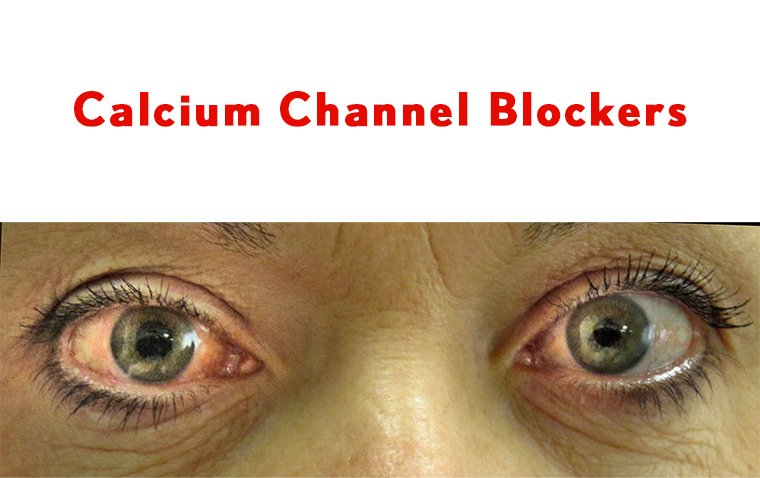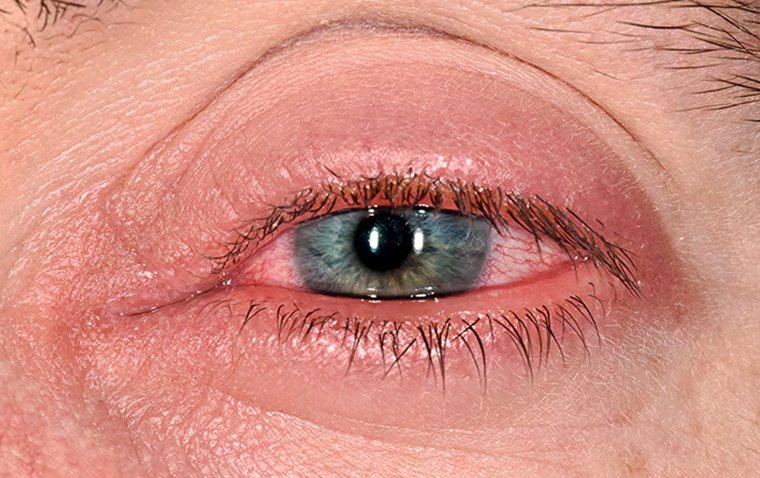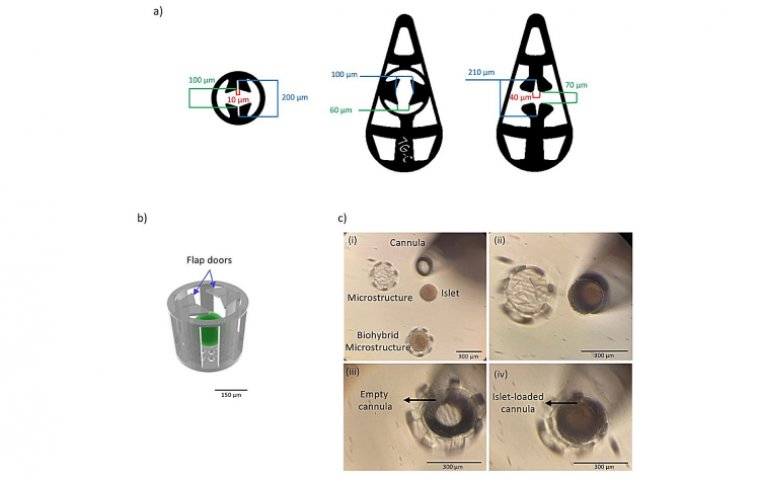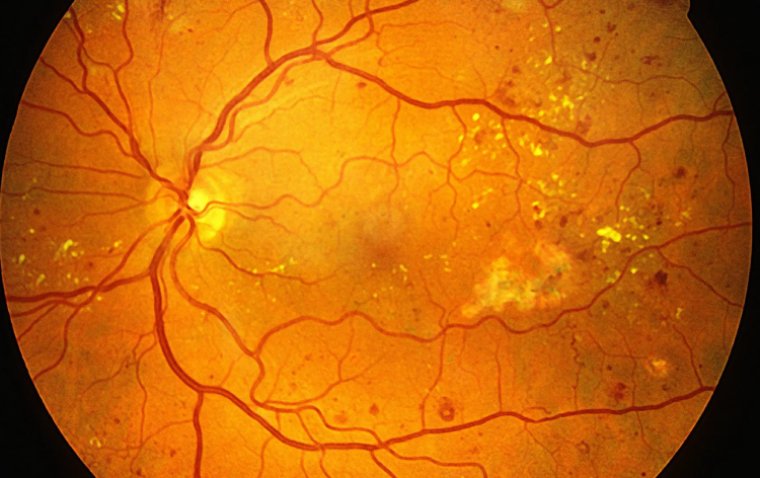
MACUSTAR Consortium Extends Largest-Ever AMD Study in EU
The MACUSTAR consortium, led by the Department of Ophthalmology at the University Hospital Bonn (UKB), is extending its Europe-wide clinical study on age-related macular degeneration (AMD). The primary focus of the extension is to garner further insights into the intermediate form of AMD, aiming to better understand its progression toward late-stage manifestations associated with visual impairment.
At the core of MACUSTAR lies a groundbreaking observational study involving 585 patients with intermediate AMD. This study, spanning 20 clinical centers across seven European countries, investigates predictive exams for disease progression, serving as potential endpoints for future interventional trials.
The assessments encompass high-resolution imaging technologies, a comprehensive set of functional tests, and tools for evaluating patient-reported outcomes. Beyond conventional visual function tests, evaluations in poor light conditions, various contrast settings, adaptation to dark vision, reading speed, and navigation performance provide a holistic view of the disease's impact on visual function.
This extension marks the largest systematic study on intermediate AMD to date. The MACUSTAR consortium aims to identify optimal parameters or combinations of markers for testing new therapeutic strategies, seeking acceptance from regulatory authorities. Prof. Dr. Robert Finger notes, "The evaluation of the baseline and 3-year follow-up data has already led to significant new advances in knowledge, with regard to the heterogeneity and prognostic factors of the disease."
To facilitate this research, the MACUSTAR consortium has secured a €16.2 million grant from the Innovative Medicines Initiative 2 Joint Undertaking, supported by the European Union's Horizon 2020 Framework Program for Research and Innovation and EFPIA. Moreover, industry partners Bayer, Novartis, and Roche have contributed an additional €3 million grant to extend the study by three years.
The consortium has already reported its results across 26 peer-reviewed publications. Comprising leading institutions and companies in the field, including Carl Zeiss-Meditec, Bayer AG, Novartis Pharma AG, and F. Hoffmann La-Roche, MACUSTAR is poised to deepen our understanding of AMD's evolution, potentially enabling earlier detection of progression and the development of innovative treatments in the future.
(1).jpg)










